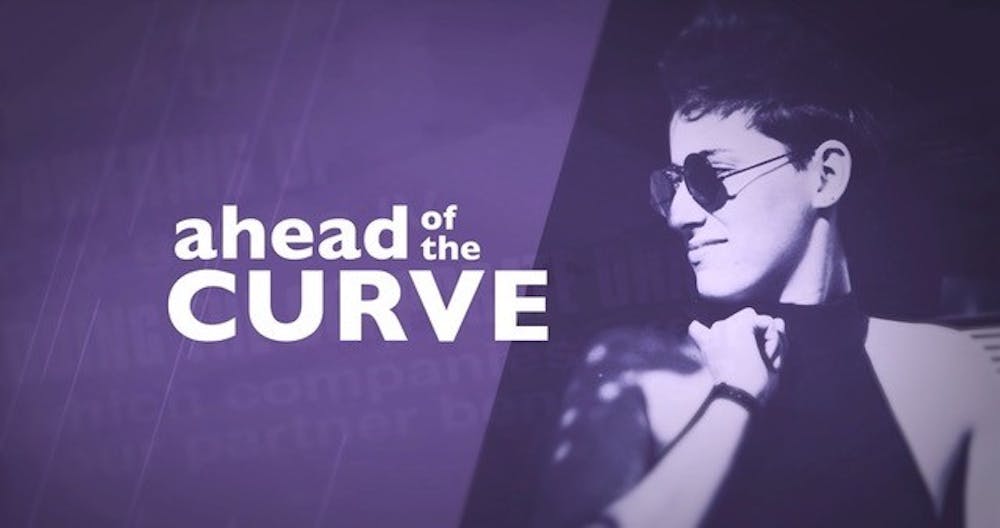Formerly known as the North Carolina Gay + Lesbian Film Festival, the inaugural OutSouth Queer Film Festival begins online on Friday, Nov. 13 and will run until Nov. 19.
The program, hosted by the Carolina Theatre of Durham, will be held fully online due to the COVID-19 pandemic. According to a press release, tickets are currently on sale at the Carolina Theatre’s website. Once purchased, individuals will have up to 72 hours to view any of the 41 films on the lineup, or if they purchase an All-Access Pass, they can view every program in the festival (11 in total).
Since the film festival made its debut in 1995 under the name “Q Film Fest,” it has been a hub for filmmakers, artists and those with an affinity for queer culture. This year, it features films that tackle issues regarding topics that both allies and members of the LGBTQ+ community can relate to.
One of the headliners of the event is a 90 minute film titled “Ahead of the Curve,” directed by Rivkah Beth Medow and Jen Rainin.
Medow said the documentary follows the journey of Curve Magazine (first published under the name Deneuve) and how it rose to become a cornerstone of lesbian culture due to its unapologetic images and unifying stories.
Medow said that in 2019, when its founder Frances “Franco” Stevens was faced with the possibility that the magazine might go out of print, she was forced to question the magazine’s relevance. She reached out to women in today’s queer spaces in order to gain a better understanding of how Curve could better serve its target community.
“Our film at its heart is a story of building community,” Medow said. “Our core values of justice, community and visibility served to guide our filmmaking, and we hope every LGBTQ+ woman will see this film and share with a friend or loved one.”
Although pandemic restrictions threw a wrench into the CTD’s original plan to hold the festival in person, festival manager Chuck Wheeler stressed the importance of allowing the show to go on for the sake of marginalized communities given the current political climate.
“We refused to say no to a festival in 2020,” Wheeler said. “Queer film festivals are more important than ever in these uncertain times—politically and socially—as we are now hearing calls for legal same-sex marriage, as ruled by Obergefell v. Hodges, to be repealed; as we are sadly witnessing violence against queer people–especially transgender women of color–in escalating numbers; and, as we are being subjected to an onslaught of laws against LGBTQ+ civil rights at state and local levels.”




